
5 Common Refrigerator Mistakes That Multiply Bacteria by 10 Times
5 Common Refrigerator Mistakes That Multiply Bacteria by 10 Times — Many People Still Do This Without Realizing
You might think your fridge keeps food clean and safe, but a few small mistakes can actually cause bacteria to grow up to 10 times faster. Check if you’re making any of these errors below!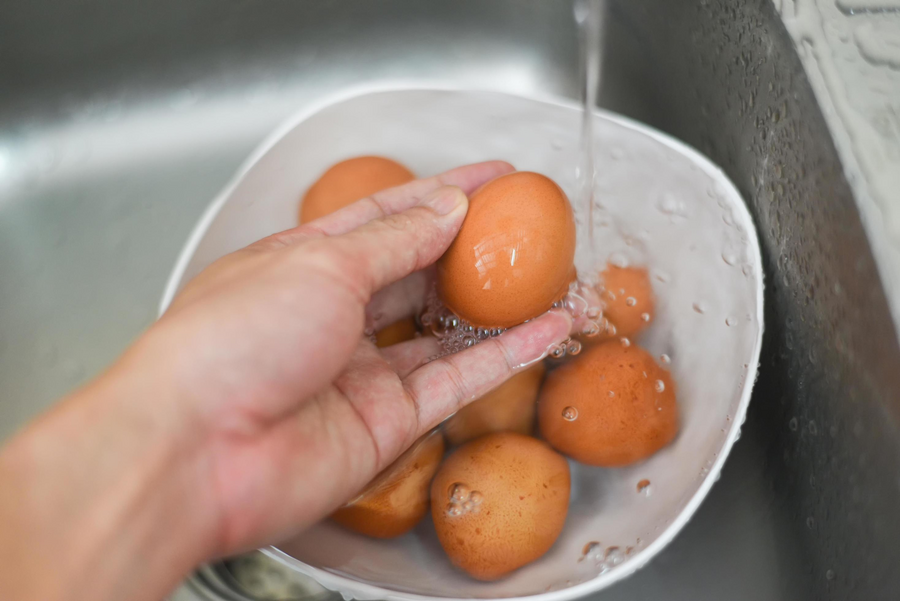
1. Storing Wet or Unwashed Vegetables
One of the most common mistakes is putting wet or unwashed vegetables directly into the fridge. While it may seem like this helps them stay fresh longer, moisture actually creates the perfect environment for bacteria to thrive. When vegetables are sealed in plastic bags while still damp, bacteria multiply quickly — causing spoilage and contaminating nearby foods.
Fix: Wash vegetables thoroughly and dry them completely before refrigerating. If you use plastic bags or sealed containers, poke a few small holes to let air circulate. For delicate leafy greens like lettuce, let them air-dry naturally on a clean towel for a few minutes before storing.
2. Storing Raw and Cooked Foods Together
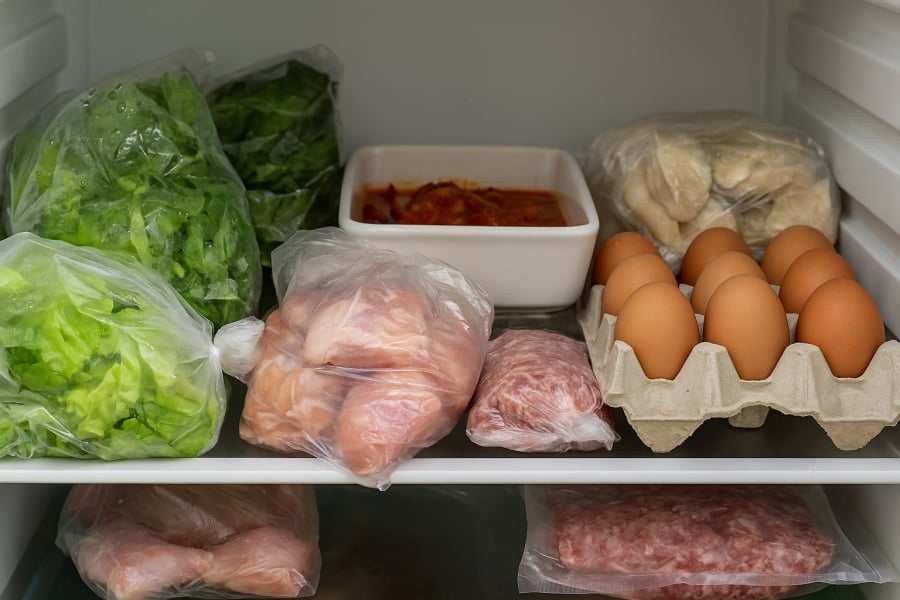
Placing raw and cooked foods in the same compartment without separation is a dangerous habit. For instance, storing raw meat next to cooked dishes or boiled vegetables allows bacteria from the raw food to spread to ready-to-eat meals.
Fix: Always store raw, cooked, and fresh produce separately. Use individual containers or trays for each type. Keep cooked food tightly covered and on higher shelves to prevent drips from raw items above. Reheat cooked food thoroughly before eating to kill any possible bacteria.
3. Refreezing Thawed Food
Many people thaw a portion of frozen meat, use some, and then refreeze the leftovers. This might seem efficient, but it’s actually a major cause of bacterial growth. Every thawing period — especially at room temperature — gives bacteria time to multiply. Refreezing only traps those microorganisms, not eliminates them.
Fix: Divide food into smaller portions before freezing. For example, if you buy a large piece of meat, cut it into meal-sized servings and freeze each one separately. This way, you only thaw what you need and avoid repeated temperature changes.
4. Washing Eggs Before Storing
The idea that “clean means safe” can backfire. Eggs naturally have a thin protective coating that prevents bacteria from entering. Washing them removes this layer, making it easier for bacteria to seep inside — especially when stored in a moist fridge.
Fix: Don’t wash eggs right after buying them. Instead, gently wipe off any dirt with a dry or slightly damp cloth, then let them dry completely before storing in a separate egg container. This helps preserve the natural barrier and prevents contamination.
5. Putting Hot Food Straight Into the Fridge
Many households do this to “cool food faster,” but placing hot food directly in the fridge raises its internal temperature. This affects other stored items, forces the fridge to work harder, and shortens the appliance’s lifespan.
Fix: Let food cool at room temperature for about 20–30 minutes (but not too long, to avoid bacterial growth). For hot soups or stir-fried dishes, keep the lid slightly open to let steam escape before refrigerating.
Why You Should Change These Habits Now
A refrigerator isn’t sterile — it only slows bacterial growth, not kills it. When you store wet vegetables, mix raw and cooked foods, refreeze items, wash eggs incorrectly, or refrigerate hot dishes, you’re giving bacteria like E. coli, Salmonella, and Listeria the perfect opportunity to multiply.
These can cause stomach issues, food poisoning, and digestive disorders. For vulnerable groups such as children, the elderly, or those with weak immune systems, the effects can be even more serious.
In Summary
Harmless habits can become hidden health risks:
-
Don’t store wet vegetables.
-
Don’t mix raw and cooked food.
-
Don’t refreeze thawed items.
-
Don’t overwash eggs.
-
Don’t refrigerate hot dishes.
Keep food dry, cool it properly, and store everything separately. Smart storage not only keeps food fresh longer but also protects your family’s health.
A few small changes in how you use your fridge can make a big difference — preventing spoilage and keeping harmful bacteria at bay.
News in the same category


American Sweetgum (Liquidambar styraciflua): The Forgotten Healing Tree

Goldenberry power: 20 benefits of Physalis peruviana and how to use it at home

You’ve probably heard of cloves but you never knew the power of clove water

4 Places You Should Never Keep Your Mobile Phone — It Can Seriously Harm Your Health
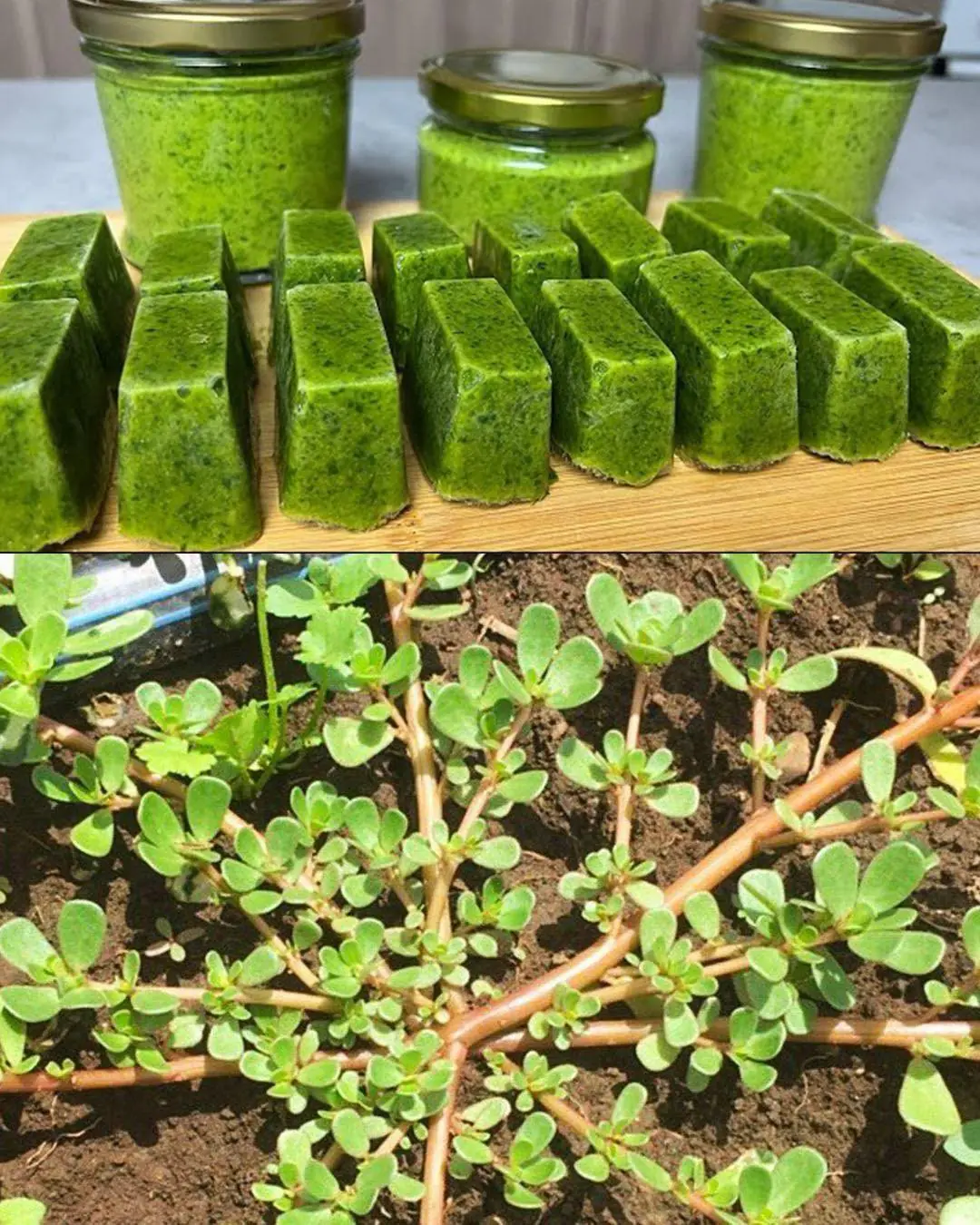
11 Little-Known Secrets of Purslane: A Wonder Plant in Disguise
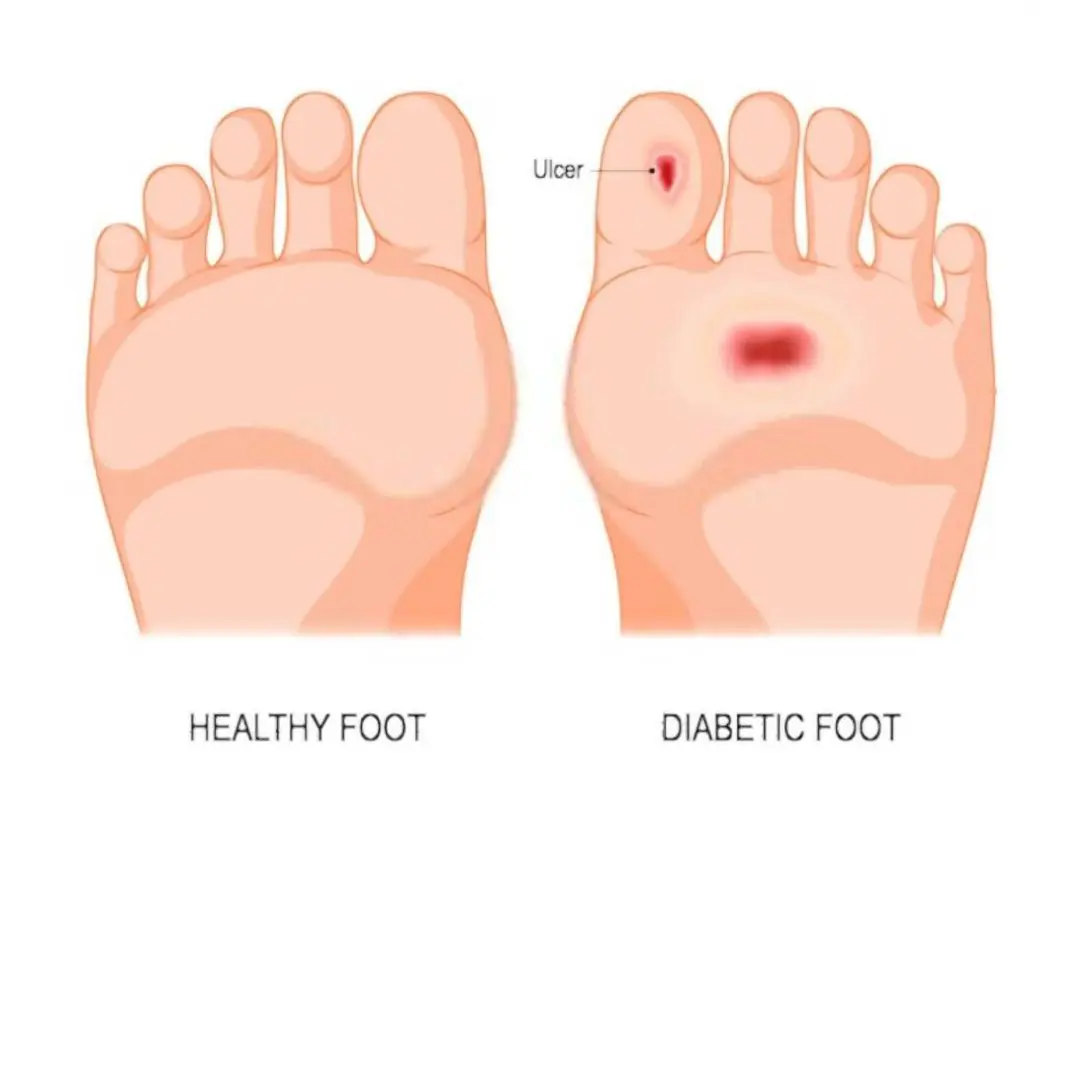
If you see this phenomenon in your feet, go see a doctor for diabetes.

Juniper: 20 remarkable benefits and how to use it
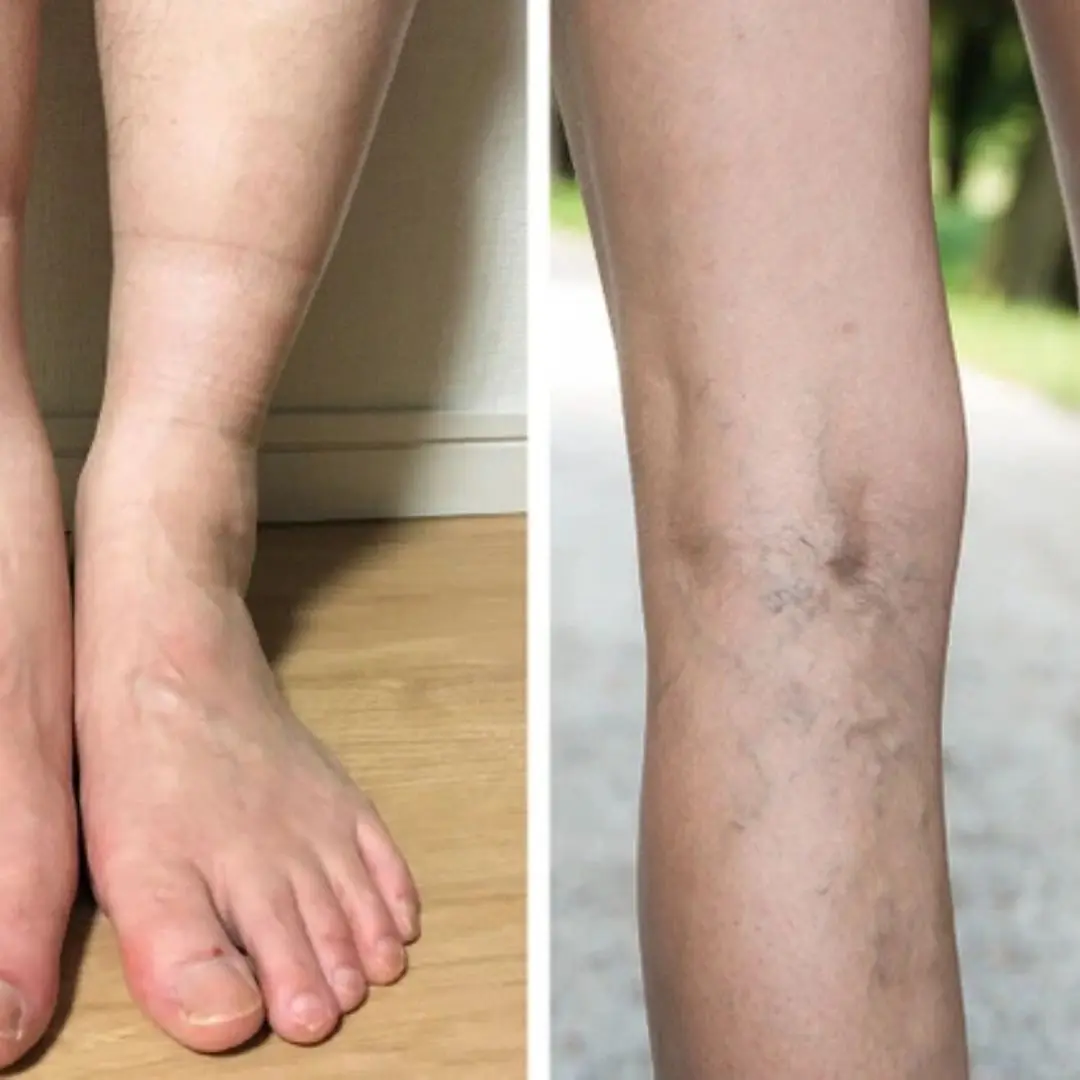
4 Health Problems Your Feet Could Be Telling You Through Sock Marks

A 52-Year-Old Woman Di.ed from a Stro.ke: Middle-Aged People, Stop Doing These 7 Things

Banana Flower Superfood: Juice, Recipes & Powerful Health Benefits You Didn't Know About
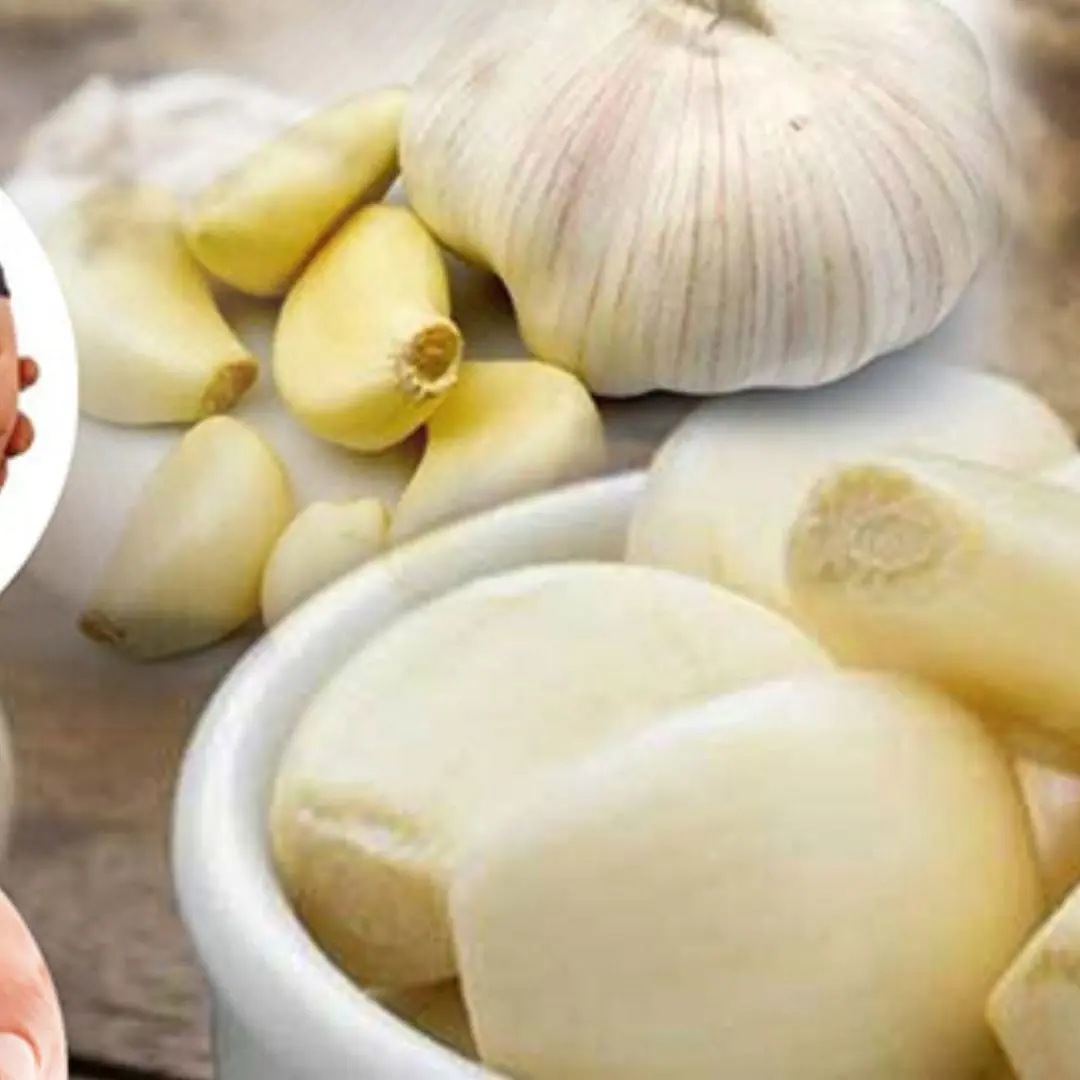
Eating garlic is very good, but for these 4 groups of people, don't touch it

Gallstones are a common disease, affecting 8-10% of the population. Here are the symptoms and treatments

Important News for Everyone Who Loves a Daytime Nap

A 62-Year-Old Man Developed Col.on Can.cer Due to 3 “Har.mless” Daily Habits That Many People Have

Preventing Stroke At Any Age: 3 “Don’ts” After Meals—And 4 “Don’ts” Before Bed
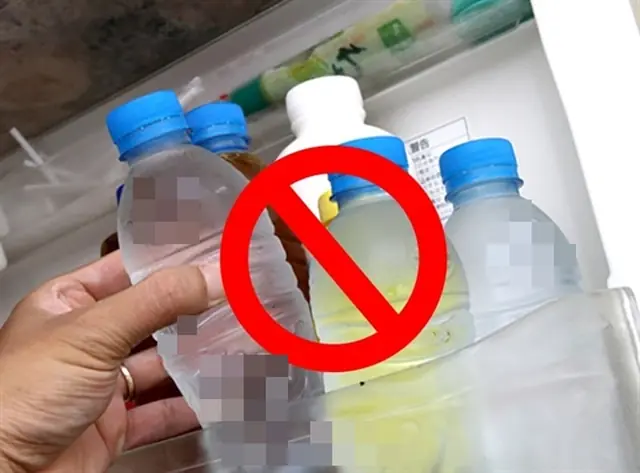
Stop using these bottles and containers for food storage

10 Foods You Should Never Eat on an Empty Stomach

4 Types of Itching That May Signal Can.cer Cells Are “Eating Away” at the Body
News Post

The hidden power of roses: Beyond beauty and fragrance

American Sweetgum (Liquidambar styraciflua): The Forgotten Healing Tree

Goldenberry power: 20 benefits of Physalis peruviana and how to use it at home

You’ve probably heard of cloves but you never knew the power of clove water

4 Places You Should Never Keep Your Mobile Phone — It Can Seriously Harm Your Health

I Adopted a Baby Left at the Fire Station – 5 Years Later, a Woman Knocked on My Door & Said, ‘You Have to Give My Child Back’

The Forgotten Birthday: A Father’s Silent Tears

Simple tips to clean yellow sweat stains on white shirts

Beware of Diabetes If You Frequently Experience These 5 Strange Symptoms
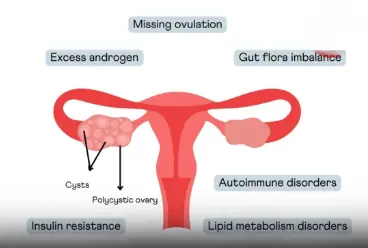
Eat 6 things to help women detoxify their ovaries and prevent gynecological diseases

4 Power-Hungry ‘Electricity Monsters’ in Your Home—Most People Are Shocked by How True This Is

All sm.art people do that

When bitten by a snake, you should do these things first

11 Little-Known Secrets of Purslane: A Wonder Plant in Disguise

If you see this phenomenon in your feet, go see a doctor for diabetes.

Why You Might Feel a Light Electric Sho.ck When You Touch Someone

'You're Nothing but a Parasite': My Husband Demanded I Get a Job & Care for 3 Kids – Until I Turned the Tables on Him

I Paid for a Homeless Man's Groceries – The Next Day, He Greeted Me as a CEO at My Job Interview
